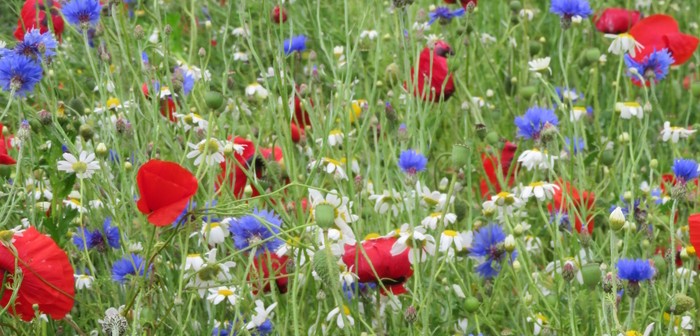A report has been released on the Countryside Stewardship Facilitation Fund, highlighting its social benefits to farming communities and local environments, and reminding farmers that the application deadline is on 31 July.
The report, which is part of a programme of monitoring and evaluation for Agri-environment evidence, has highlighted that the funding has facilitated a more engaged, collaborative and environmentally aware farming community
A total of 98 groups have been supported by the Countryside Stewardship Facilitation Fund between 2015 and 2017, which build on the principles of partnership-working to deliver environmental benefits. Whilst it is too early to comment on environmental outcomes, there are initial signs of positive results to come from the work of these groups thanks to trust and collaboration. Farmers wanting to apply for the mid-tier agreement now have just over a week to apply for an agreement starting next year.
Chief executive of Rural Payments Agency, Paul Caldwell, called Facilitation Fund groups: “a valuable aid in maximising the benefits of the Countryside Stewardship schemes, as well as providing a support base for group members looking to enter into new agreements to unlock the potential of their land.”
Victoria Prentis, Defra Farming Minister, said:“ By getting involved in Countryside Stewardship, participants will put themselves in good stead to springboard into the new Environmental Land Management scheme when it is rolled out in late 2024, which will introduce new ways of working together with farmers to deliver better environmental outcomes and create cleaner, greener landscapes.”
Since 2015, £10.3 million of funding has been committed to 136 facilitation groups across England through four national rounds and one flood-focused round of the fund.
Tony Juniper, Chair of natural England said the report has shown that by sharing knowledge and expertise, farmers and landowners benefit from the creation of a stronger community in their local area. Mr Juniper said: “At the same time, they also gain the vital skills that will be needed under future schemes that will reward farmers for the public goods they work hard to produce.”
The national conversation around the future Environmental Land Management scheme is still open, with farmers warmly invited share their views on a policy discussion document.




